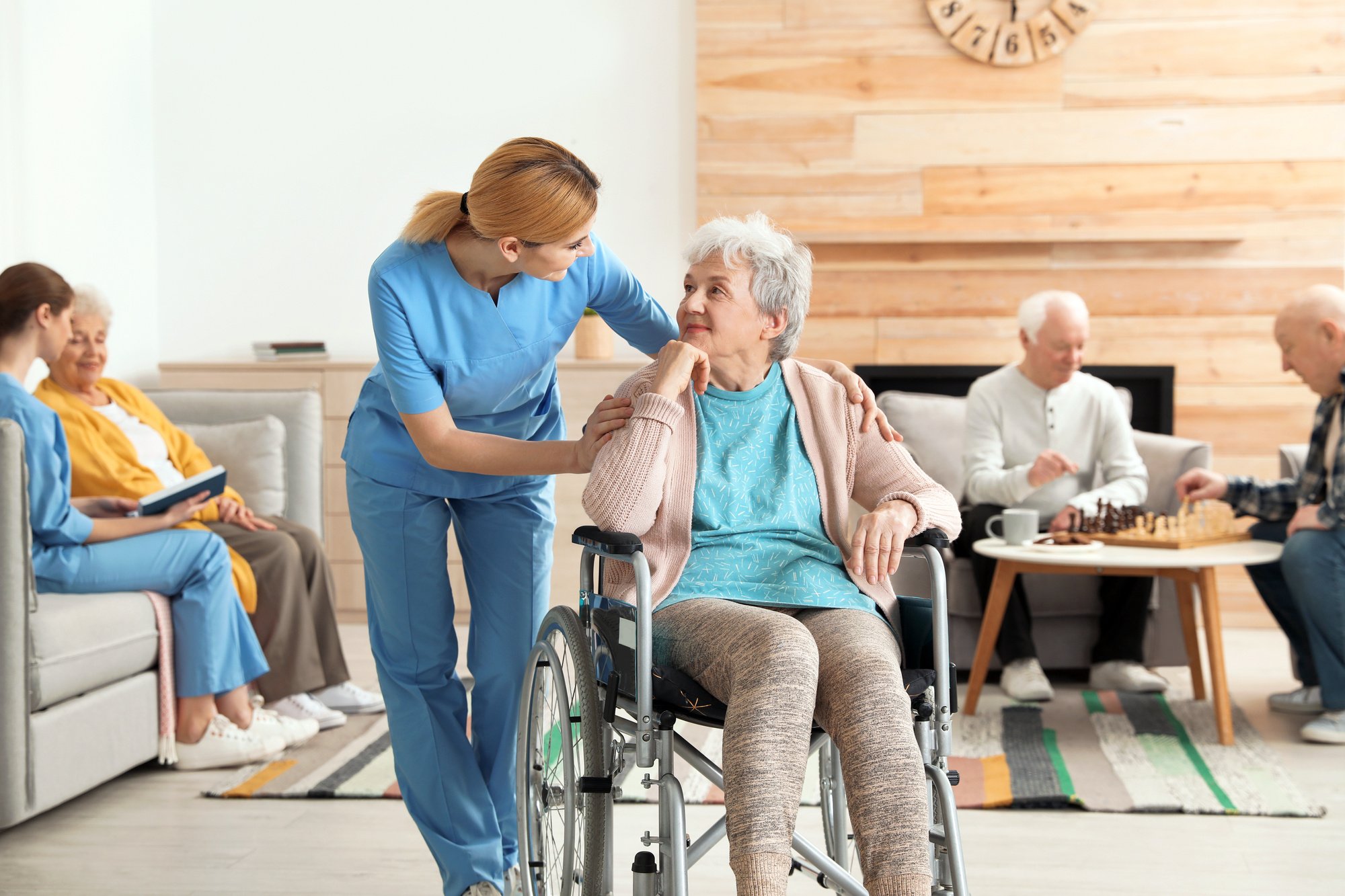7 Key Skills For Aged Care Mental Health Counsellors

Aged care mental health counsellors are crucial in supporting and assisting the elderly in managing their mental well-being. As individuals age, they may encounter various challenges and changes that can significantly impact their mental health. This includes coping with loss, physical ailments, social isolation, and cognitive decline, among other factors.
To effectively address older adults' complex mental health needs, aged care mental health counsellors must possess a unique set of critical skills. These skills enable them to provide compassionate and comprehensive care, fostering emotional well-being and enhancing the overall quality of life for elderly individuals.
This article will explore the essential skills required for aged care mental health counsellors and the top reasons to work in aged care, highlighting their significance in promoting mental wellness within the aging population.
Core Counseling And Specialised Skills for Aged Care Mental Health Counselors
A discussion on the core counselling and specialised skills for aged care mental health counsellors must include the following elements:
- Active Listening And Empathy
Demonstrating active listening and empathy are critical skills for aged care mental health counsellors. These two skills involve being present with the client, attending to their needs, and understanding their feelings.
Active listening involves verbal communication techniques, such as restating what was said or asking clarifying questions. It also requires non-verbal communication techniques like eye contact and nodding in agreement.
Empathy understands the client's point of view without judgment or personal bias. This includes effectively identifying and responding to emotions expressed by the client while demonstrating a genuine interest in what they have to say.
- Communication And Verbal Skills
Effective communication and verbal skills are essential for practical support in aged care mental health counselling. These include listening actively, asking clarifying questions, providing sensitive feedback, and expressing empathy.
Additionally, counsellors need to be able to use appropriate language for the age group being counselled. This may mean speaking slower or using simpler words so seniors can understand the message. To effectively communicate with clients of any age group, counsellors must also have good active listening skills and always demonstrate respect.
- Observation And Non-Verbal Communication
Observing non-verbal communication cues is crucial in aged care mental health counselling. A counsellor must be aware of a patient's body language and facial expressions, as these can give insight into their feelings and state of mind.
In addition, a counsellor must pay attention to details such as changes in speech patterns or tone of voice which may indicate a change in mood or attitude. By noting these subtle changes, counsellors can better tailor their approach to each client.
In addition to physical signals, the counsellor should observe the environment and recognise potential triggers for distress, such as overcrowding or noise levels. This helps them anticipate issues during counselling sessions and proactively address them before they become overwhelming.
- Patience And Compassion
Exercising patience and compassion when interacting with aged care mental health patients is essential for achieving positive outcomes. Counsellors must maintain a sense of composure in difficult situations while displaying empathy towards their clients. They must provide a safe space for patients to communicate their feelings without judgment or criticism.
Counsellors must manage their emotions during sessions to maintain an impartial attitude toward the patient's challenges. By taking the time to understand how challenging it can be for patients with mental health problems in aged care settings, counsellors can better handle situations with tact and sensitivity.
- Geriatric Mental Health
Geriatric mental health is a specialty field that focuses on assessing and treating mental health issues in older adults. It requires specialised knowledge and skills to effectively provide care for this population due to their unique needs based on age-related physical, psychological, and social changes.
As such, aged care mental health counsellors should be familiar with the common mental health conditions that are more prevalent in the elderly such as depression, anxiety disorders, dementia, Alzheimer's disease, and substance abuse disorders.
- Therapeutic Approaches For The Elderly
Therapeutic approaches for older adults are essential to promoting optimal mental well-being in this population, given their unique vulnerabilities and changing needs. Cognitive Behavioral Therapy (CBT) is an evidence-based approach that has proven effective in helping older adults cope with a multitude of mental health disorders, such as anxiety and depression.
CBT focuses on identifying negative thoughts and patterns of behaviour that can contribute to distress, then restructuring them into more positive attitudes and behaviours. Interpersonal Therapy (IPT) is another therapeutic approach to improve interpersonal relationships by addressing issues such as communication skills, assertiveness training, problem-solving strategies, and conflict resolution.
- Trauma-Informed Care
The shift from traditional therapeutic approaches used with older people to a trauma-informed care approach is essential for aged care mental health counsellors. Trauma-informed care is based on understanding the lasting effects of trauma and how this impacts those seeking help.
It has been found that, due to life experiences, many older adults have experienced traumatic events in their lives, which can be further exacerbated by living in residential care. Therefore, counsellors must understand the importance of providing elderly clients with a safe and supportive environment to facilitate healing from past traumas.
Conclusion
Aged care mental health counsellors are responsible for providing effective counselling services to elderly clients, requiring unique skills and knowledge. Core counselling skills include active listening, empathy, a non-judgmental attitude, appropriate boundaries, and cultural sensitivity.
To ensure the best outcomes for their clients, aged care mental health counsellors must continually develop their technical proficiency in these areas through education and training. With the right skill set, aged care mental health counsellors can work with their clients to improve the quality of life for older adults by helping them cope with physical and emotional difficulties.



